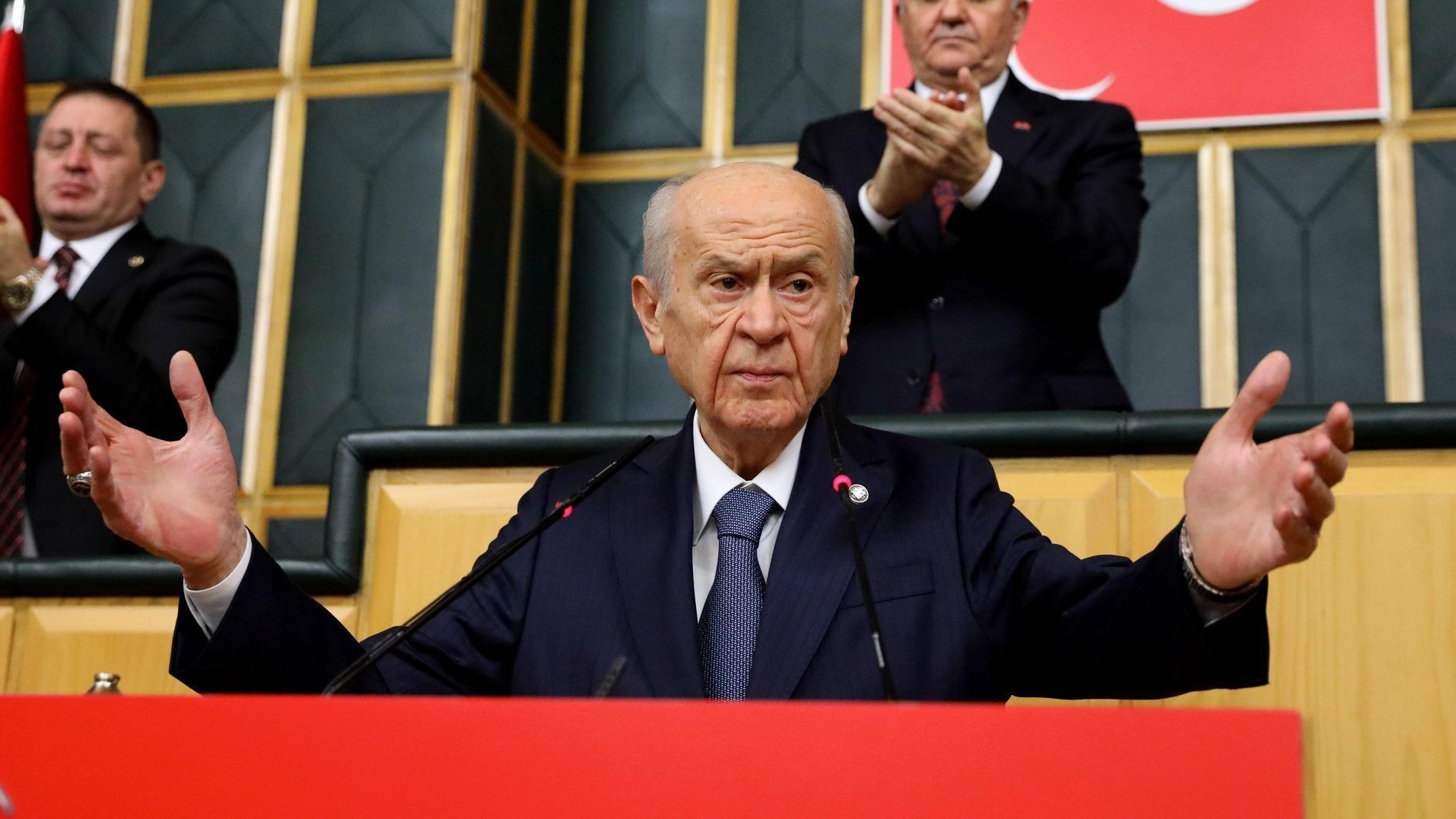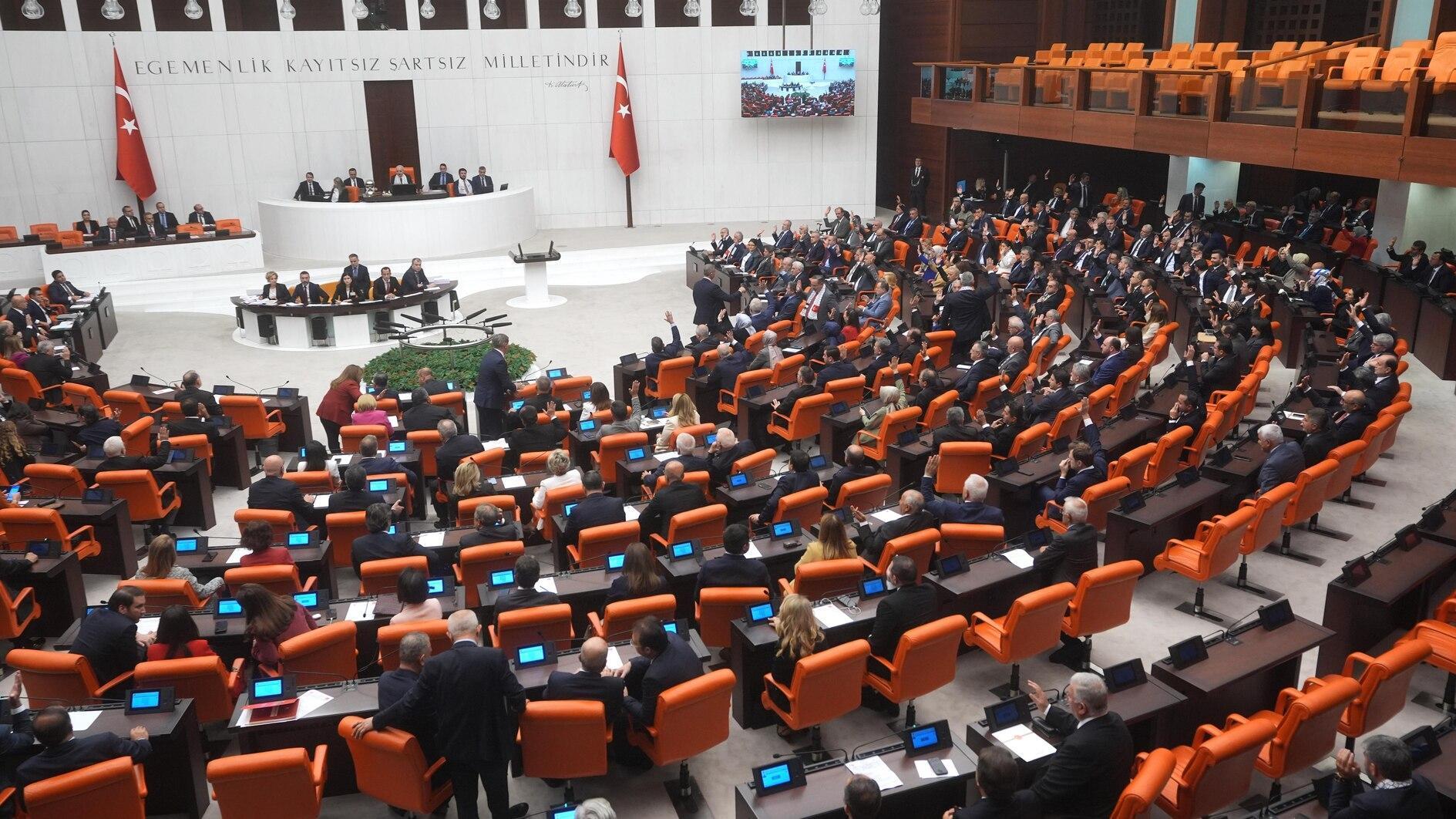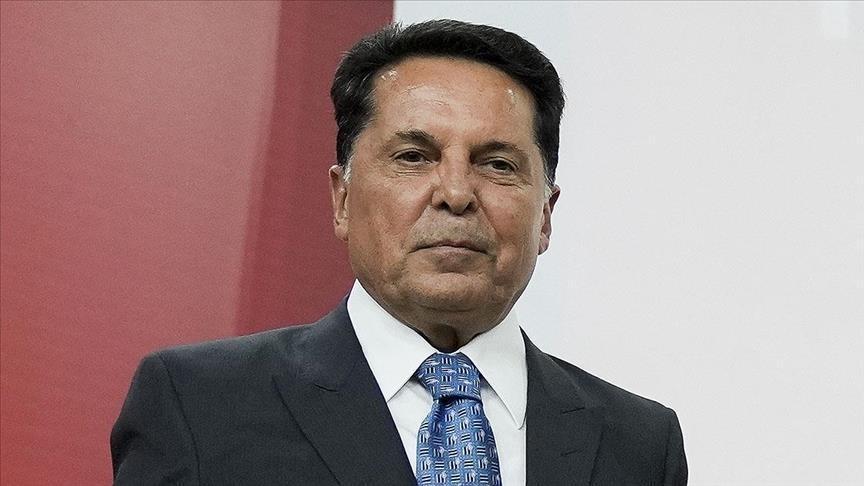Downward economic expectations and elections
The state of the economy is always one of the top components in all surveys of voters’ choices, even if its share changes from time to time. The situation of the consumer and their future expectations have an inevitable effect on elections, although the share of this effect also changes from time to time.
When we review the latest surveys, we see that the share of “terror” in voters’ choices has increased and the share of “economy” has decreased. However, no matter what, the answers given to economic questions in questionnaires still show that the economy weighs on voters’ preferences.
What I am getting at is that there is a serious recent erosion in economic expectations and consumer confidence. When we review these trends and expectation surveys and calculate voter preferences accordingly, it seems that a loss of votes for the ruling party is inevitable.
Actually, when political questions are reviewed in the surveys, for instance when the reason why terror has escalated is asked, it is seen that the rate of those who think the Justice and Development Party (AKP) and the president are responsible are quite high. But it is not just the economy; answers to political questions are also providing signals that the AKP will lose votes in the Nov. 1 elections.
Despite that, it is also not possible to say that it is definite that the AKP will lose votes. On the contrary, even though it would not be enough to produce a majority government, we see that there are surveys that indicate an increase in the votes of the AKP compared to June 7 elections.
Based on this, it is possible to jump to the easy conclusion that the discrepancy stems from the education level of the people, the strict beliefs and ideological stance of the voters and the fact that people cannot consider their own interests. However, maybe much more complicated motives play a role in voter preferences. For this reason, surprises are always an aspect of elections.
In short, it is definite that the discomfort of society has grown, but in order to see how this will be reflected in voting rates, we will have to wait until Nov. 2.
AKP’s pledges may increase
Nevertheless, one should still see the changes in the course of expectations and consumer trends.
According to the latest data, the Turkish Statistical Institute’s (TÜİK) September Consumer Confidence Index revealed a 6.1 percent fall to 58.82 over the figure from August. This level is the lowest since January 2009, right after the 2008 global crisis. With the effect of the rapid devaluation of the Turkish Lira, serious deteriorations are experienced in expectations for the future concerning investments, unemployment and household incomes.
More precisely, citizens’ lack of economic confidence stands out for certain.
The Central Bank’s latest expectation survey that was issued last week clearly showed a pessimistic expectation for inflation, interest rate and growth.
I think the AKP also sees that the deteriorating trend concerning the economy in official surveys will be reflected in the elections. For this reason, we should not be surprised to see the AKP focusing more on economic election pledges in the coming days.











